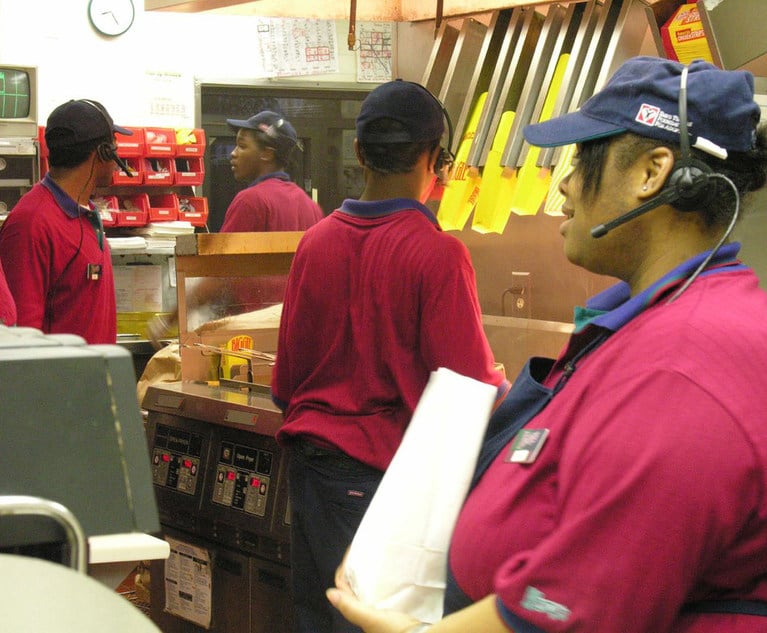A recent unpublished Appellate Division decision is worthy of attention and praise because it righted a cruel adjudication by an administrative agency and in doing so hopefully ameliorated the approach of that agency to similar future cases. The court reversed a decision of the Division of Medical Assistance and Health Services (the Division), an agency within the Department of Human Services, which denied full-time care to a severely disabled individual who indisputably required that highest level of care. It is not often that one can read a description of a disability and know without any doubt the level of care required. This is such a case.
The decision in D.N. v. Div. of Medical Assistance & Health Services (decided on Oct. 4, 2019) by Judge Jose Fuentes describes graphically and extensively the tragic condition of D.N., who suffered serious injuries in an automobile accident at age 38. In summary, D.N. became a quadriplegic as a result of the accident. He can no longer sit, stand, change positions or move his arms or legs. Thus, he requires a personal care assistant (PCA) to perform all his day-to-day personal activities such as hygienic grooming after biological functions, bathing, dressing, eating, drinking and taking medications. He requires a catheter and regular repositioning when asleep to avoid bedsores and maintain skin integrity that otherwise would likely deteriorate due to his incontinence and immobility, and to prevent autonomic dysreflexia, described as the “nervous system’s overreaction to internal and external stimuli” causing racing of his heart, fluctuation of blood pressure, and digestive issues, among others. Without a PCA, D.N. would be “completely immovable during the entire night.” D.N.’s testimony poignantly made clear the risk to him if an aide were not always present because he is unable to summon help, such as for example if his catheter becomes blocked, as had occurred, and because he suffers extreme discomfort and pain at night when he must lie too long in one position.


 Domestic healthcare symbol – Mopic/Shutterstock.com
Domestic healthcare symbol – Mopic/Shutterstock.com




